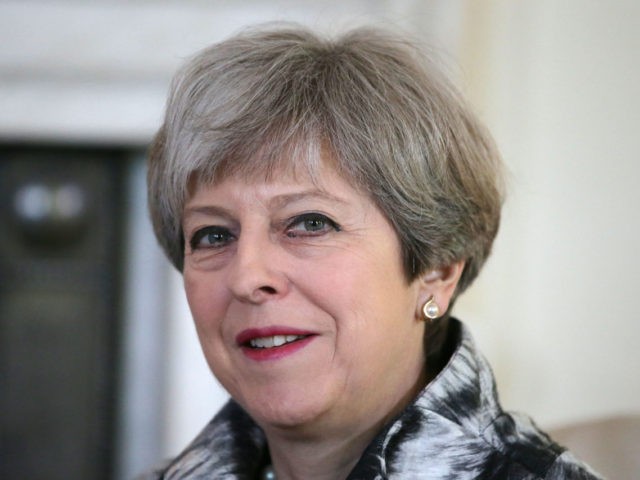The prime minister’s decision to hold a snap election has given her party a four-point boost in the polls, leaving the Conservatives 24 points ahead of their closest rivals, the Labour Party.
Theresa May has been criticised by her opponents for enacting a u-turn and opting to go to the polls three years early, despite repeated assurances that an early election was not on the cards. But according to pollsters the public appear to back her decision, with 49 per cent of those asked by YouGov saying she had done the right thing, against 17 per cent who disagreed – a ratio of nearly three to one in favour. Thirty-four per cent of people said they were unsure.
The popularity of the political contest has pushed the Conservatives to 48 per cent, according to a separate YouGov poll conducted on 18 and 19 April. Labour meanwhile can only muster half as much support, polling 24 per cent, while the Liberal Democrats are currently on track to take 12 per cent of the vote, and the UK Independence Party (UKIP) 10 per cent.
The Scottish National Party meanwhile retains a commanding lead in Scotland, polling at 49 per cent north of the border, a clear 20 points ahead of the Conservatives on 29 per cent, while Labour come in third place on 15 per cent.
Despite a feeling that there may be political fatigue among the electorate, following a general election in 2015 and the Brexit referendum in 2016, interest in the election appears to be relatively high by recent standards, with 63 per cent of people polled saying they were certain to vote come June 8th, and a further 13 per cent indicating they were likely to. If so, the election will see the largest turnout since 1992.
A poll by ComRes showed similar results, placing the Conservatives on 46 per cent and Labour on 25 per cent, giving the ruling party a 21 point lead and making it likely the Conservatives will gain a number of seats from their rivals, bolstering their currently slim majority.
Nonetheless, Labour leader Jeremy Corbyn has insisted his party can win the election, invoking his victory in the Labour leadership contest despite being a 200-1 outsider as proof that his party can defy the odds.
Both the Labour Party and the Liberal Democrats have rejected calls from the Scottish National Party and the Green Party to form a coalition or undertake an electoral pact to thwart what is expected to be a strong Conservative government.

COMMENTS
Please let us know if you're having issues with commenting.